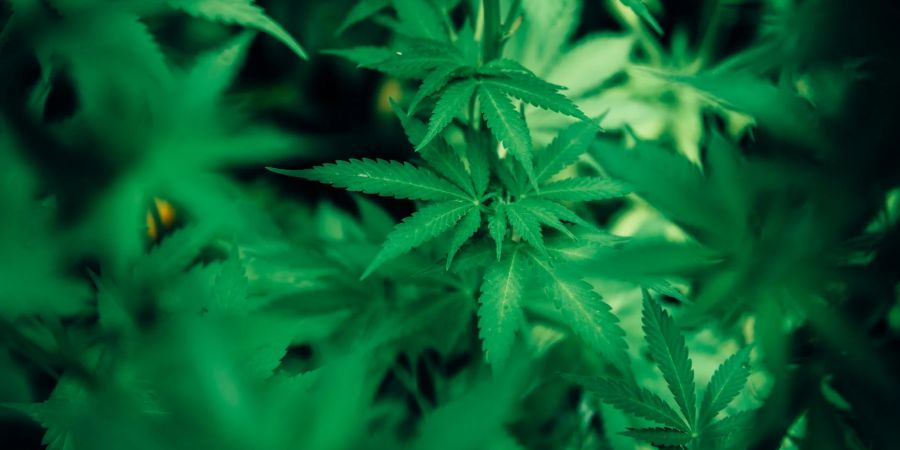

A biggest industry where hemp can be used to clean up is construction. The building and housing industry produces almost 40% of all carbon dioxide emissions. But hemp might help change that. Hemp wool is already in use as an insulation material. But now, more and more sustainable construction companies use hempcrete to build walls and floors too. Hempcrete is light but strong. It's breathable, so it regulates moisture and temperature better. That means lower energy bills, no mold and basically a non-toxic environment. It fire-resistant and flexible, so it can withstand major earthquakes. But the obstacle is : In most countries, construction regulations are very strict and introducing a new construction material can take years of testing and bureaucracy.
Other advantage with hemp is that they are actually carbon negative. That is due to hemp's carbon storage capacity. Compare to trees, hemp can potentially breathe in and store up to four times more carbon dioxide.
Hemp can also help to reduce deforestation. As today, paper is made from trees and it is one of the biggest drivers of deforestation. While we are losing our forests, some companies are more willing to re-introduce hemp to their paper production.
There is another industry that has been blowing smoke about its environmental footprint : Textiles. It's also a champion polluter because cotton needs a lot of toxic pesticides and water. Not to mention that it kills this soil, as well as draining scarce water sources. Now, the industry is looking for alternatives. And hemp could be one of those alternatives as hemp production doesn't need much water, fertilizers and pesticides to be grown. Plus, it can produce more fibre as compared to cotton from the given resources. Hemp fibre is not only better for the environment, but its strong fibres also make long lasting textiles. Less water, less fertilizer, less land and no pesticides, but stronger and lasting fibers.
We need to give it a new chance and stop putting all these regulations on hemp. We need to free this up entirely for the industries to really more forward. We have hammered it down into humanity's head that this is an illegal and massively bad plant. Now, we have to unlearn all of the lies and all of these misconceptions about the plant and it will take a lot of effort.
We haven't even talk about the nutritional and medicinal uses of the plant. As scientific research increases, we might encounter more unexpected uses for it like as a possible superconductor in EV batteries, or as biofuel, or as a superfood.










